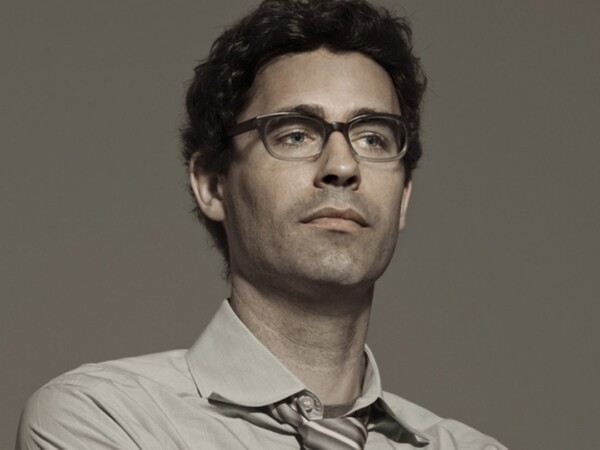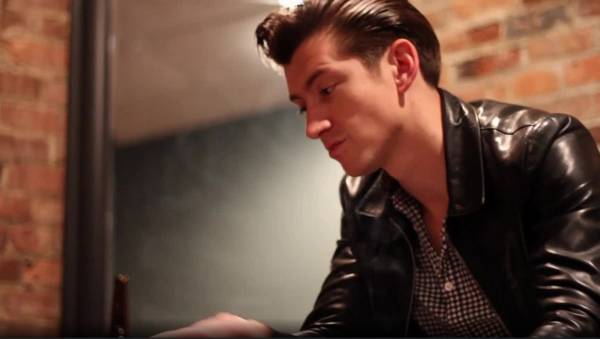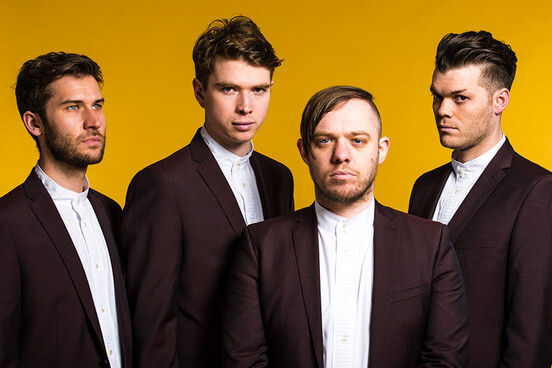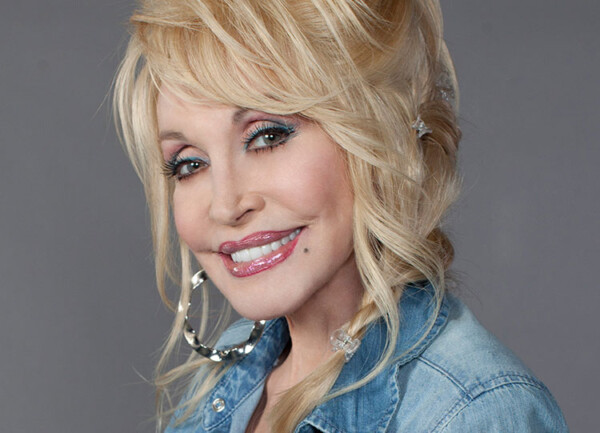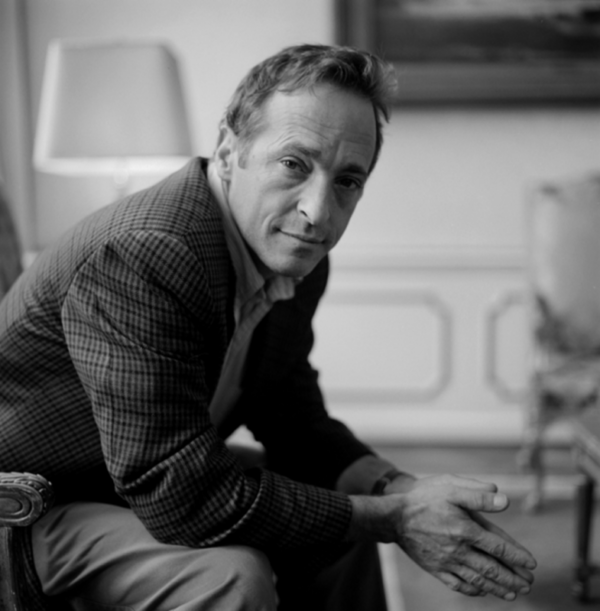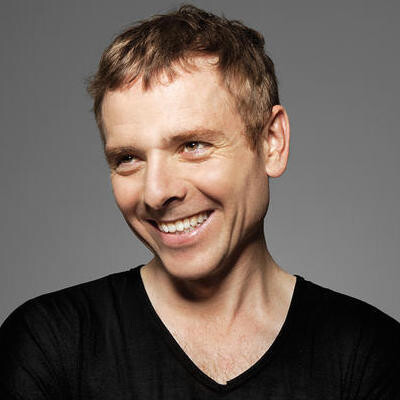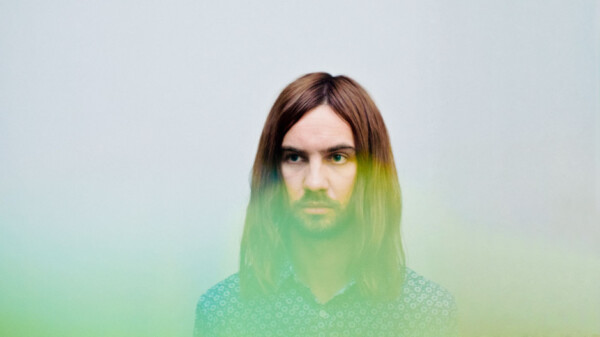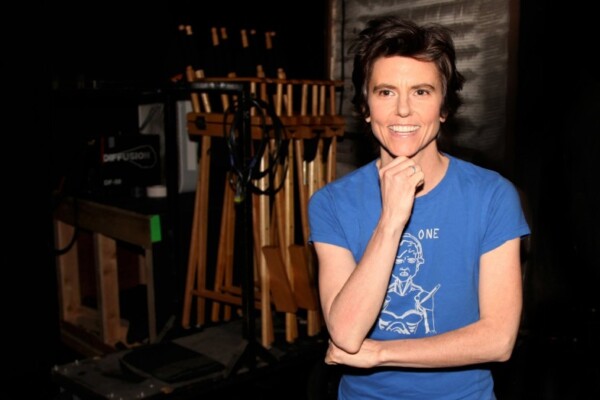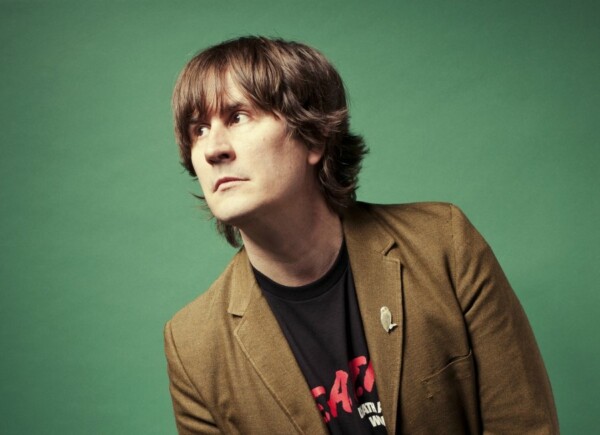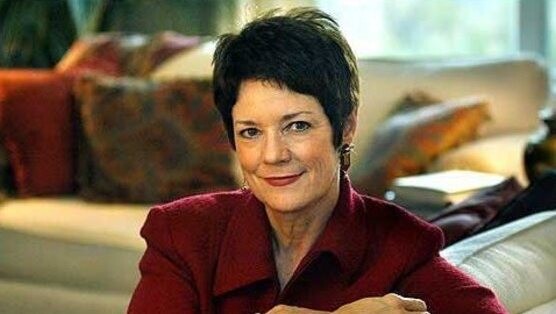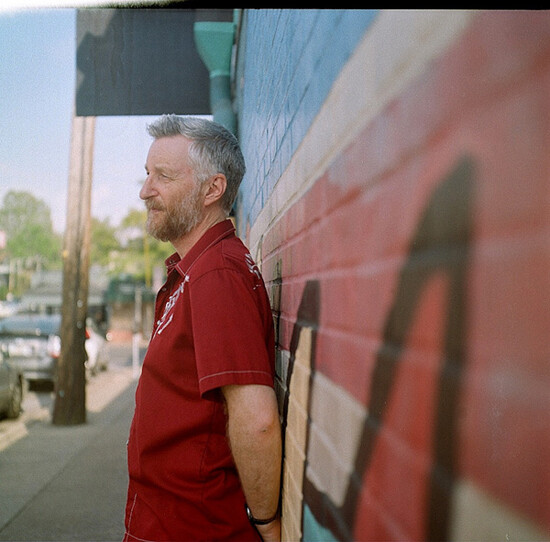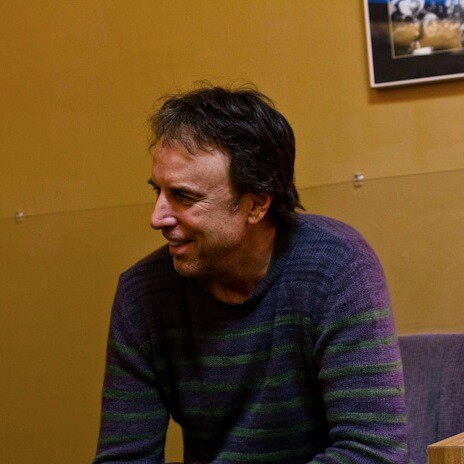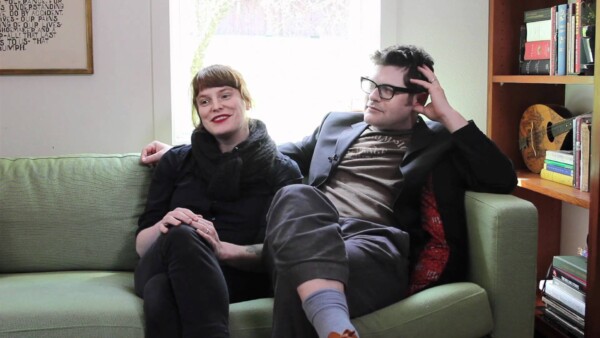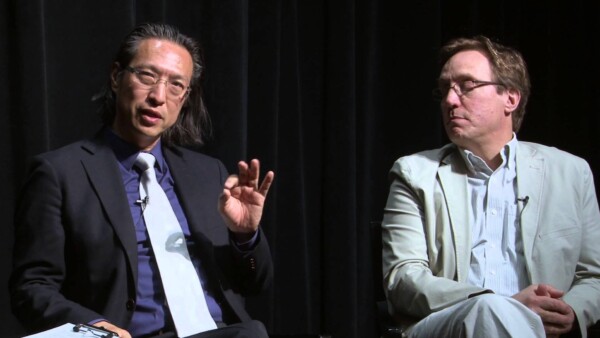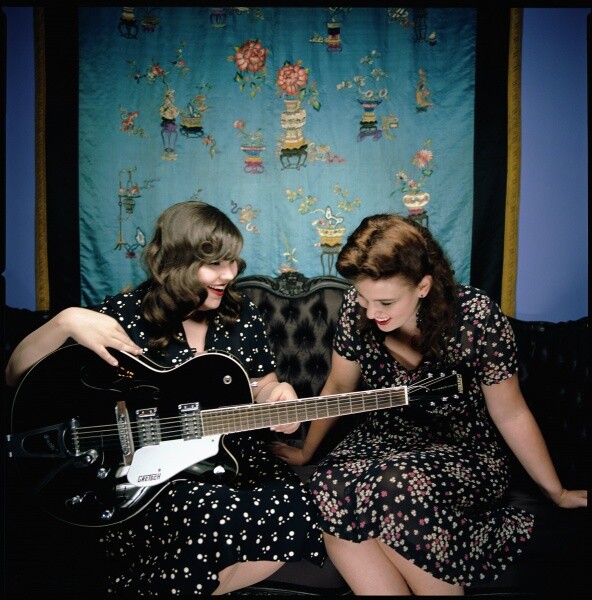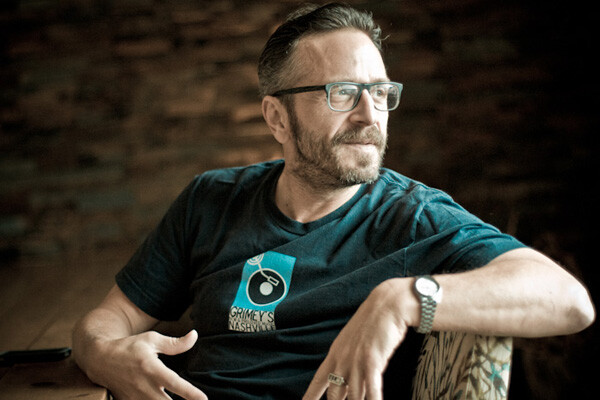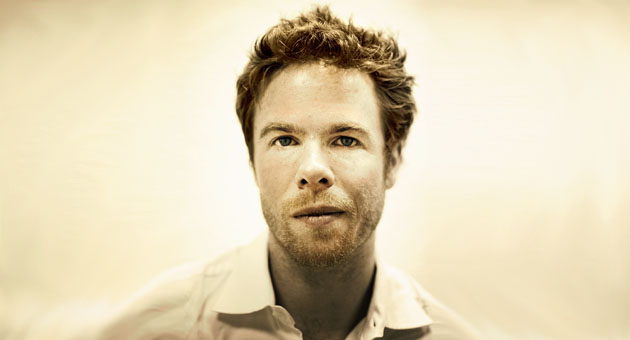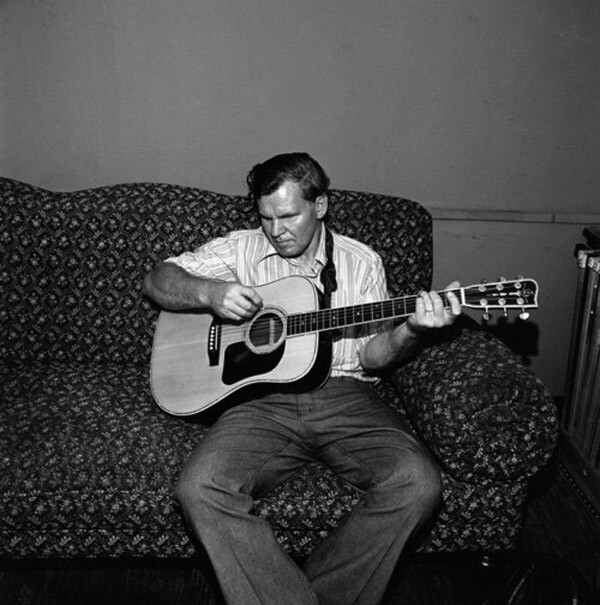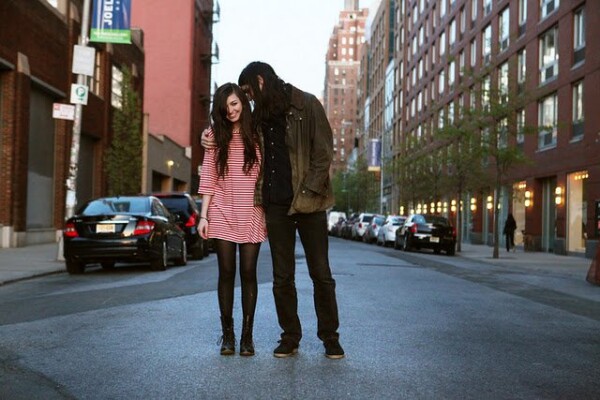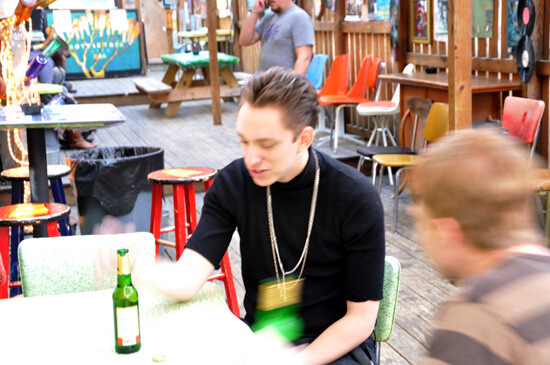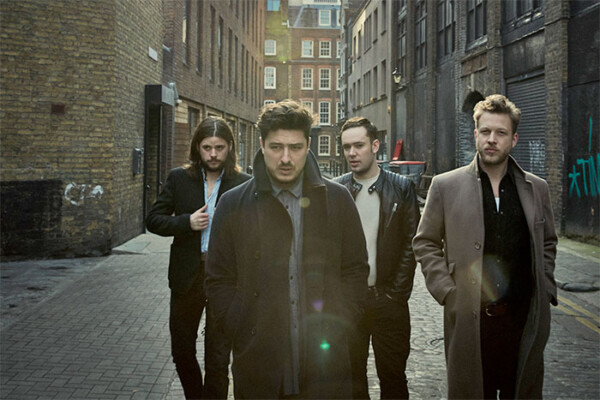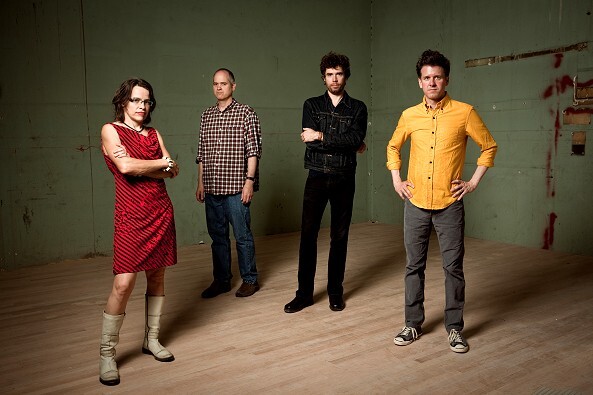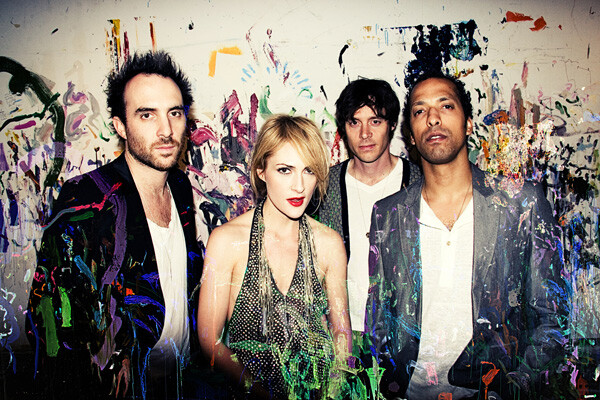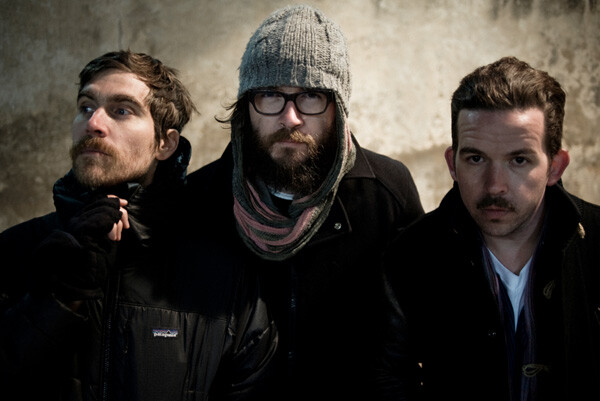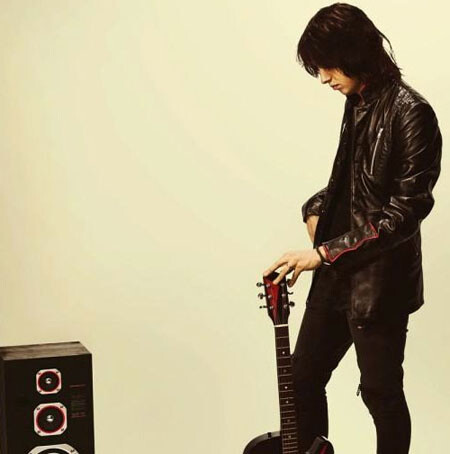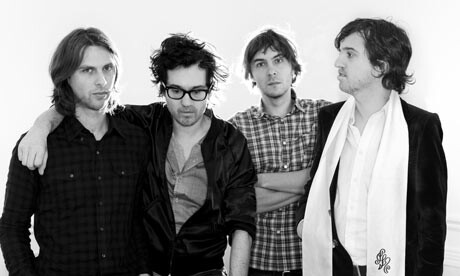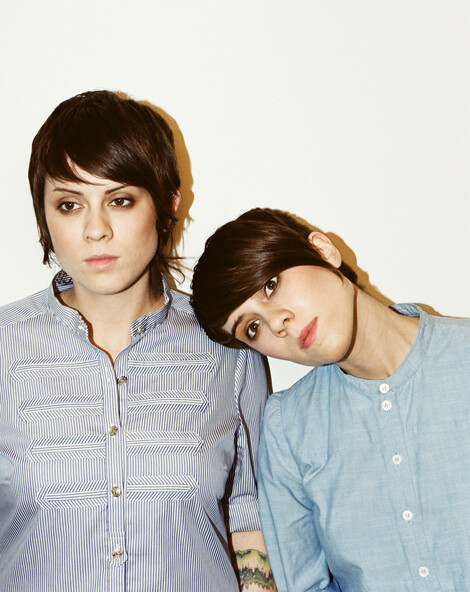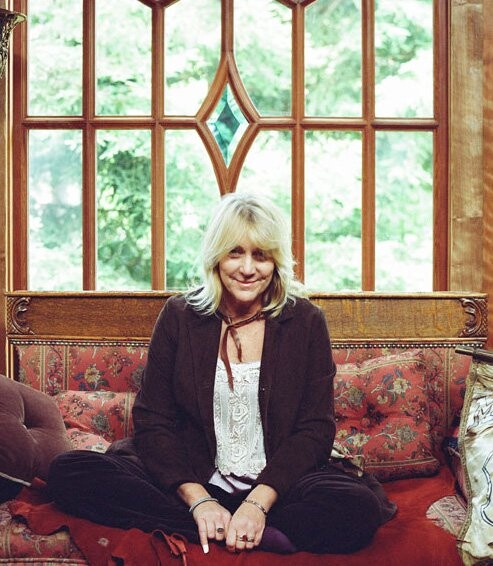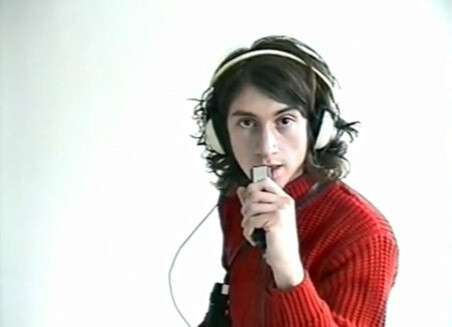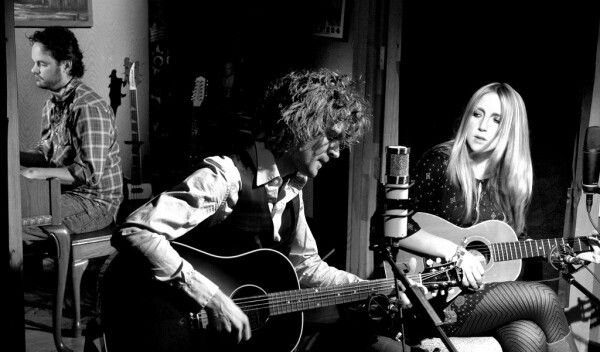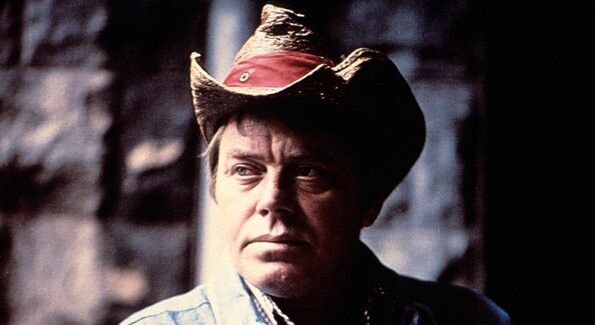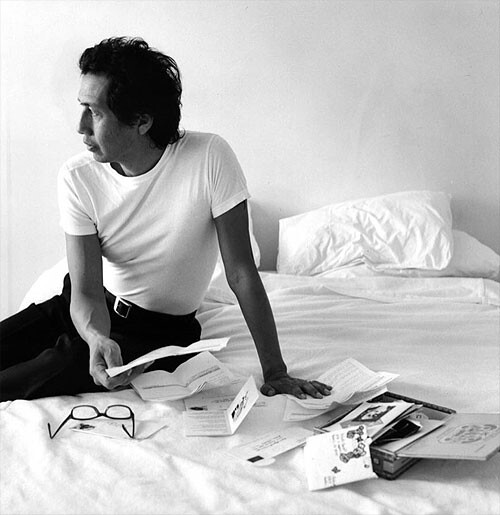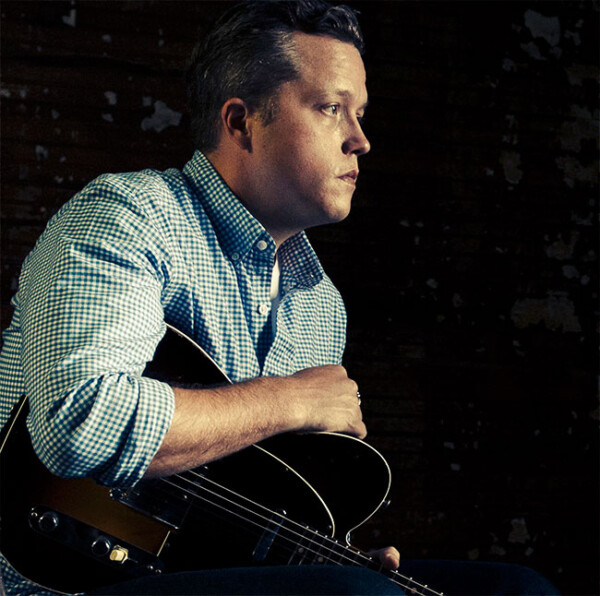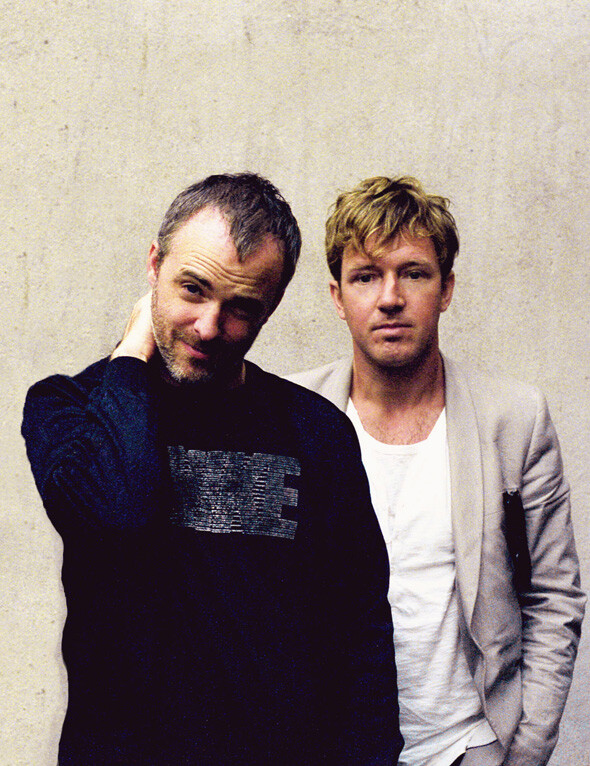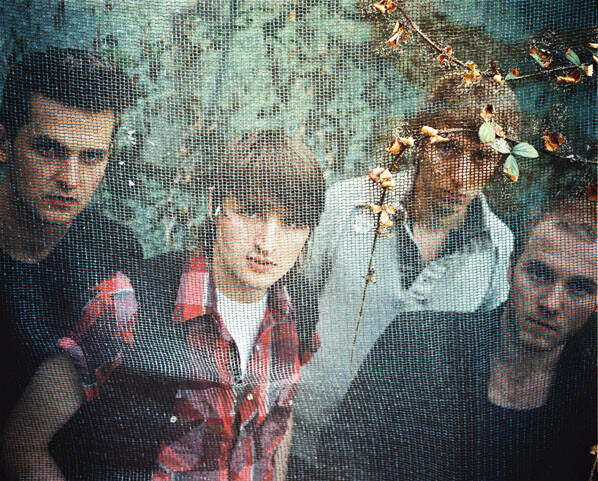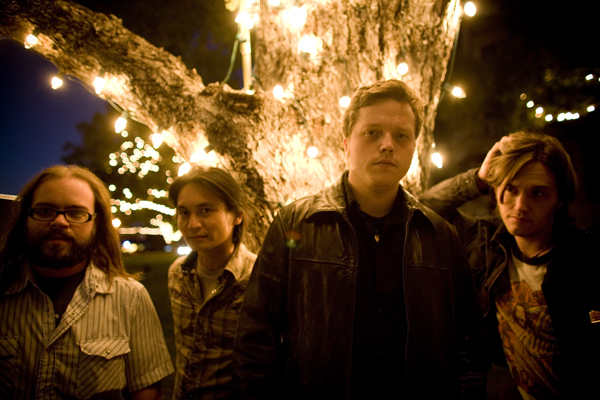
Skip Matheny –former bartender in a retirement community and currently a songwriter in the band Roman Candle — caught up with Jason Isbell, frontman for the band the 400 Unit, before they played at The House Cafe in Dekalb, Illinois.
Who We’re Drinking With:
Jason Isbell was a songwriting member of the Drive–By Truckers from 2001-2007. After his amicable parting from the band, he released two solo records: Sirens of the Ditch (2007) and Jason Isbell and The 400 Unit (2009). His most recent record received four stars from SPIN and Rolling Stone declared it “Not to be missed…†If you’ve never read the lyrics for the songs off either of these records, do yourself a favor.
![]()
What is your favorite drink?
Jack Daniel’s on the rocks or Jack and Coke. Basically just Jack Daniel’s—most of the time.
When you’re writing songs, do you think about crafting pop songs or crafting stories? Are they the same thing sometimes?
For every one, it’s different, it depends. Usually, what guides me is the first motivation I get to write the song—I usually sit down with a line, or something from a verse or a chorus—first—before I pick up an instrument. Normally, when I am just sitting around playing guitar, I don’t think of new material so much as when I am doing something else, such as, walking or driving or eating dinner or something. Most of the time, when I play guitar, I focus on playing guitar, not on lyrics or melodies or anything like that. So, something will come up initially, and I will either save it in my cell phone or call somebody and leave a message on the machine, or if I have my laptop, I’ll record it. Then whatever that sounds like to me is where I tend to go from. If it sounds more like a story song, I’ll try to focus on that and get as many details as I can. If it sounds more melodic or more like an arranged pop song, I will work from there. It depends on what it wants to be, I guess.
Sounds like you keep your attention somewhere near that original seed or idea?
Yeah. You have to be pretty committed to that—to make it into an entire project or an entire song. For me, it’s important to try to stay true to that—whatever you came up with first—I don’t know exactly why. It just feels more honest to me. Rather than trying to work at it and plot out the direction, just see where it goes.
When you are trying to write a song, will you pick up a guitar, or sit down at a piano or go for a walk?
If I am actually trying to write a song, and I feel I need to do that right now, I will sit down with a guitar or at a piano. That is not how it usually happens for me though. I can’t remember who said, “Inspiration likes to find you busy.†[Songwriting typically] happens a lot when I’m working on something else. For me—I would rather write less and make it better, than write more and have songs that I’m not really proud of. I know a lot of songwriters who say, “You know, that one’s OK, but listen to this one….” Being an artist and a songwriter together means I am going to have to live with those songs for a long time, so I would really rather them come to me as organically as possible.
That runs nicely opposite to the Music Row/Brill Building practice of writing two or three songs a day with maybe two or three strangers.
I know a lot of people that can do that, and I’ve tried it too, but it doesn’t really work for me. I don’t think I’m really that good at writing with somebody else either. There are a few people I can do that with. But especially lyrically—when it comes down to that—I almost have to have veto power. Especially if I’m going to be singing it, [Laughs] I’m going to have to have power over what is coming out of my mouth.
Was there a moment when you were younger where you heard a pop song and the format of that really clicked for you?
Oh yeah. I don’t know what artist in particular but a lot of that probably came from ‘80s radio for me: Prince, Crowded House, Until Tuesday and a lot of those bands they were playing on the radio then—Colin Hay from Men at Work. That kind of stuff really appealed to me when I was really young and first started to write. I loved how those songs all fit together.
How old were you when you started writing?
I was probably 12 or 13. I had been playing guitar for years before that, but I started writing around then.
Outside of people sitting around telling stories after a meal, do you have a history of writers or proper storytellers in your family?
No, not really. I have a history of musicians and people who raised me on traditional music—but not really who wrote or composed anything themselves. I don’t think they really had a lot of time for that. For the most part, everybody in the family were all physical laborers. That is about all of the time they had was spent working and trying to sleep. I think from the “playing music” aspect though, I probably have much more of a history. In my family when you were four or five years old, you would get a mandolin, because your hands weren’t big enough for a guitar. When you were eight or nine, if you hadn’t torn up the mandolin by then, you’d get a guitar and you learned to progress from there. So the playing was definitely a bit of a “legacy situation.” But as far as the writing goes, I don’t think—I mean hell, a lot of people in my family couldn’t technically write until they were in their 30s or so. Until the last couple of generations they wouldn’t have had any way to put it down.
If your hand was forced and you had to cover a Burt Bacharach song, what would you play?
[Laughs] Didn’t he write “What the World Needs Now is Love?†I think that would work. It’s a great song.
Do you have any habits or routines when you are trying to write lyrics? From what you’ve already said, it sounds more like you kind of work when the muse rolls around, but does anything typically get you to start writing? Hearing a particular poet? A scene from a movie?
Yeah, yeah. Sometimes that will come from reading. I read a whole lot, a whole lot. So that will usually jog me into writing something. More than anything else, I will say that. Just from reading a lot of books.
What books are you reading at the moment?
For the last couple of years I have been on a big Rushdie kick. Right now, I am reading Denis Johnson’s Tree of Smoke. It’s a really good Vietnam-era fiction. For the last few of years, I have been trying to catch up on the Pulitzer Prize and National Book Award winners that I hadn’t read before. Going through and trying to find what won in 91, 92, etc. I figure that’s a good place to go.
Anything really blow your mind or surprise you?
Man I loved the The Corrections by Jonathan Franzen and Michael Chabon’s The Yiddish Policemen’s Union. I have so much free time, so much waiting time, I spend a lot of it reading, or listening to NPR. I think I’m getting old. [Laughs] I know the whole weekly schedule on NPR.
When you are writing, do you have anyone in mind, like an artist or a mentor that has an influence on what you write?
Nobody, really. What is it they say? “The intelligent stranger?†Is that what the phrase is for your audience, in your mind? I don’t know if there are people that directly influence, often. Sometimes the obvious—Bob Dylan, Paul McCartney and John Lennon. They are in there sometimes, but I try not to think in those terms.
Did you have any moment in your childhood where you heard music and thought, “I am a different person than my parents?â€
That’s a good question. My parents were so young comparatively. My dad is only 50 now and my mom is in her mid-40s. So, we really shared a lot of the same music growing up. Mom was always into John Prine, John Hiatt and a lot of country artists that weren’t really Top 40 country artists. Dad listened to arena rock, a lot of Merle Haggard and stuff like that. When the hip-hop genre came along, that was the first thing that we didn’t share. When I started getting into Public Enemy and Outkast and others—that was something that didn’t translate between us. But my parents are from the demographic that probably listened to The Clash more than any other band. All those people are about 50 now.
You are from near Muscle Shoals, Alabama. Do you feel like you work better when you are in an isolated environment?
Yes, definitely, I do. I work better on a deadline, too. When I am at home and about to start making a record is when I’m most productive. I definitely work better alone and under pressure.
I read your lyrics as being a part of a literary tradition in Southern American writing. I can’t really say that about a ton of other current songwriters. Do you catch yourself reading any particular authors if you are looking for inspiration?
Again, I love Salman Rushdie. He’s so good at setting those scenes that are a little bit ridiculous, but not so much that you can’t feel like you are in that moment. McCarthy is great. His personality comes out in his books, which is a weakness I think, because he just seems like a grumpy old bastard. [Laughs] Jonathan Franzen is really good. I love Charles Simic, Mark Strand and poets like that.
When you read somebody like Cormac McCarthy, and then subsequently are writing lyrics, do you feel like you are drawn to more grotesque or violent subjects or details?
I think so. I know a lot of the material I’ve written and recorded has been in that vein. I mean we used to do a body count on every record with the Truckers. “How many did we kill on this one?” 28? 29? [Laughs] If you’ve got more than two dead people per song, you might be going overboard.
Lastly, I’ve got a few pictures of some songwriters, and if you don’t mind just say whatever song or thing pops into your mind when you see these artists — even if the song or thing doesn’t have anything to do with the writer:
[Photo of Noel Gallagher]
I never liked Oasis until I saw them live. I saw them in Baltimore once, and they were really, really good. I’m not that big a fan of the songwriting, lyrically. I think the melodies are really cool. I think “Don’t Look Back in Anger†is a beautiful melody. But you know his lyrics are about as good as his brother’s guitar playing. It’ll work if nobody is really paying attention.
[Photo of Bruce Springsteen]
Bruce Springsteen—I just think of the Nebraska album usually, but I even like the long hippied-out songs he was writing before Born to Run. I really loved The Ghost of Tom Joad record. I thought that was just as good as anything else he’s made. Start to finish I thought that was incredible. [Bruce] modernized the Steinbeck thing on that record too. He didn’t necessarily just talk about that character or about that book the Grapes of Wrath, he put it in terms of methamphetamine use and he put it in terms of factory work, rather than dust bowl work, he put it in modern Youngstown, Ohio, rather than Oklahoma. It was really interesting how he made that up-to-date but you still fee like you are in a dust bowl situation.
[Photo of Townes Van Zandt]
I love “Pancho and Lefty,†I know that’s what everybody says. There are tons of good Townes Van Zandt songs, but “Pancho and Lefty†is probably as good a country and western song as I can think of. I love the fact that they never necessarily interacted, the two characters. They may have never even known each other. I love that, because there’s something mysterious about it, about the cause and effect in that song. Not to mention the melody and the way the chord progression goes.

